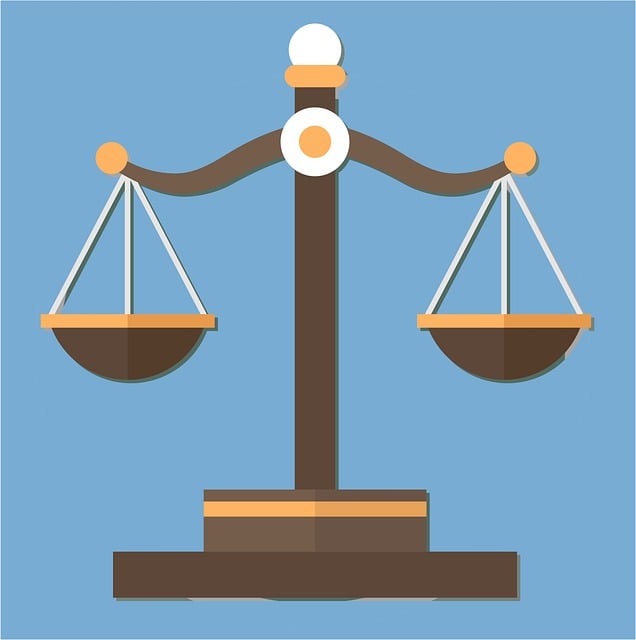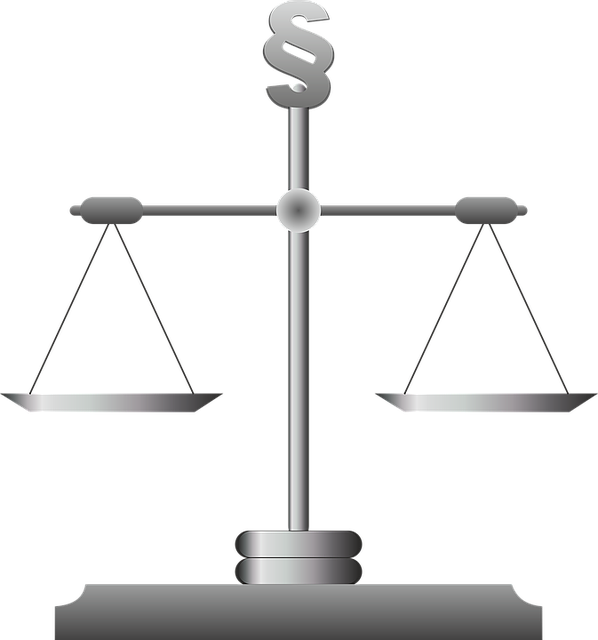Corporate Crime Investigations (CCIs) are structured processes that tackle illicit activities within organizations using administrative law procedures. These investigations involve document reviews, witness interviews, and digital forensics to uncover evidence. High-profile cases may extend to philanthropic and political spheres, requiring experts skilled in navigating regulatory landscapes. The process begins with identifying violations, gathering evidence, and assessing liability under relevant laws, followed by formal notices, hearings, and presentations from both parties. Remedial actions can include fines, compliance orders, or license revocations. CCIs aim for impartiality, transparency, and legal compliance, fostering deterrence and accountability through a methodical approach guided by the Steps in Administrative Law Proceedings.
Corporate Crime Investigations delve into the complex world of uncovering illicit activities within organizations. Understanding these inquiries is crucial for navigating the legal framework, especially during Steps in Administrative Law Proceedings. This article explores key aspects, from recognizing corporate misconduct to evidence collection and analysis. By examining the legal framework and following structured steps, investigators can ensure fair and effective resolution, promoting integrity in business practices.
- Understanding Corporate Crime Investigations: Uncovering Illicit Activities
- The Legal Framework: Navigating Administrative Law Proceedings
- Key Steps in Investigating Corporate Misconduct
- Evidence Collection and Analysis: Unlocking the Truth Behind Corporate Crimes
Understanding Corporate Crime Investigations: Uncovering Illicit Activities

Corporate Crime Investigations delve into the complex web of illicit activities within organizations, spanning financial fraud, corruption, and breach of regulatory norms. These inquiries are pivotal in upholding ethical standards and protecting the public interest. The process involves several steps akin to administrative law proceedings, ensuring a structured and fair assessment. Key among these is gathering evidence through thorough document reviews, witness interviews, and digital forensics, which may uncover hidden transactions, manipulated records, or collusive networks.
High-stakes cases often involve not just the respective business but also have repercussions for philanthropic and political communities. The investigative landscape is characterized by intricate legal nuances, requiring experts who can navigate regulatory frameworks and interpret complex financial trails. By employing these steps in administrative law proceedings, investigations remain impartial, transparent, and compliant with legal requirements, ultimately leading to more effective deterrence and accountability.
The Legal Framework: Navigating Administrative Law Proceedings

Corporate Crime Investigations often involve navigating complex legal frameworks, particularly when it comes to administrative law proceedings. These steps are critical in high-stakes cases where achieving extraordinary results requires meticulous attention to detail at every stage of the investigative and enforcement process. The initial phase involves the identification and investigation of potential violations, gathering evidence, and determining liability under applicable laws and regulations.
Subsequent stages include formal notices and hearings, where both sides present their cases. The administrative law judge or tribunal then renders a decision, which can lead to remedial actions such as fines, orders for compliance, or even revoking licenses. Understanding the nuances of this process is key for organizations facing allegations, as it allows them to mount a robust defense while ensuring adherence to legal protocols, ultimately shaping the outcome of the investigation.
Key Steps in Investigating Corporate Misconduct

When investigating corporate misconduct, a structured approach is essential to ensure comprehensive and effective probes. The initial steps in these investigations often involve gathering preliminary information, which includes reviewing internal documents, financial records, and regulatory compliance history. This phase is crucial for building a foundation of evidence and identifying potential legal avenues for further inquiry under administrative law proceedings.
As the investigation progresses, legal professionals must conduct interviews with key stakeholders to uncover relevant facts. This process demands expertise in white-collar defense strategies to navigate complex legal terrain. By following these steps meticulously, investigators can uncover systemic issues and achieve extraordinary results in high-stakes cases, ultimately holding corporations accountable for their misconduct while ensuring fair and just outcomes.
Evidence Collection and Analysis: Unlocking the Truth Behind Corporate Crimes

Evidence collection and analysis play a pivotal role in unraveling complex corporate crime investigations. The process begins with a thorough examination of records, documents, and digital data, meticulously gathering pieces of evidence that could point towards illicit activities. This involves sifting through financial transactions, emails, and other digital footprints left by the perpetrators. With advancements in technology, investigators now employ sophisticated tools to analyze these data points, uncovering hidden patterns and connections.
The steps in administrative law proceedings are crucial here, ensuring a structured approach to evidence handling. These procedures guide experts in collecting, preserving, and presenting digital and physical clues as admissible evidence. By following this methodical process, investigators can build a robust case, leading to successful prosecutions. Moreover, the ultimate goal is to provide justice for both corporate and individual clients accused of white-collar and economic crimes, potentially resulting in a complete dismissal of all charges if their innocence is proven.
Corporate crime investigations require a meticulous approach, combining legal acumen with robust evidence collection. By understanding the intricate legal framework of administrative law proceedings and following key steps that encompass evidence analysis, professionals can effectively uncover illicit activities within corporations. This comprehensive process ensures that justice is served and corporate misconduct is addressed, fostering integrity in business practices.






